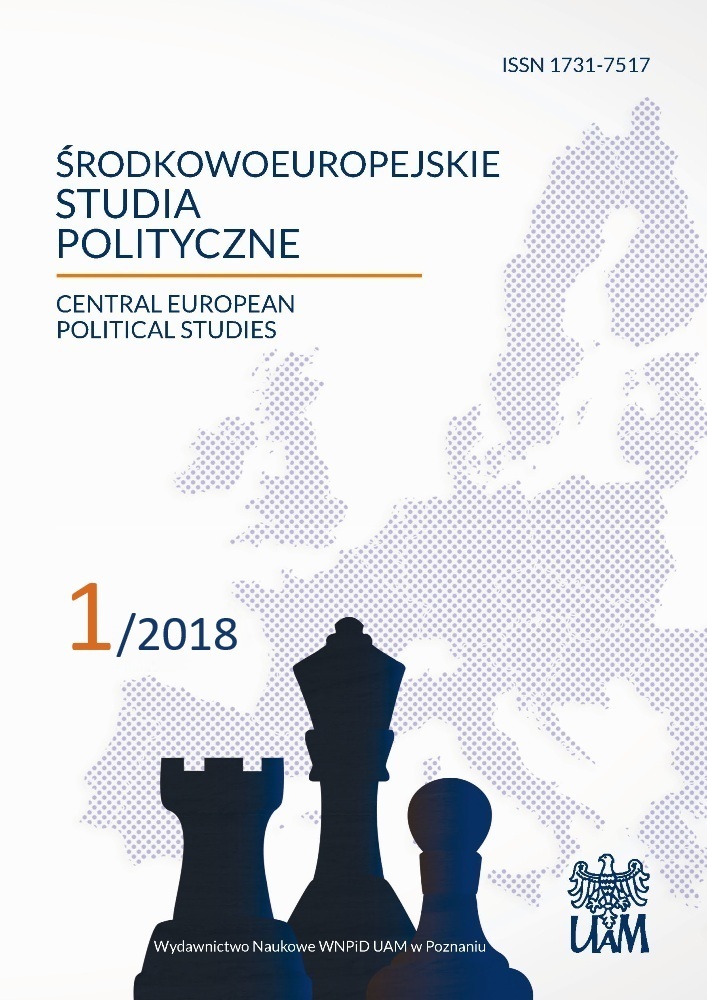Abstract
Boris Yeltsin successfully led to the fall of the USSR and the monopolization of power. However, he was not mentally prepared to be the leader of the nation during the transformation in the 1990s. He did not attempt to consolidate the state, but rather to build his own leadership. The power system he had created became the foundation upon which the authoritarian regime of Vladimir Putin was formed. It was Yeltsin who taught the Russian elite how to bend and even dodge democratic procedures, how to dismiss and marginalize the opposition, appropriate mass media and corrupt journalists; how to incapacitate politicians and intelligentsia; how to push society away from influencing political life; how to disintegrate and disregard political life. All these factors triggered a social longing for stability and the rule of a “strong hand.” Yeltsindiscouraged Russians from democracy and the free market, allowed the emergence of Russian “oligarchism,” restored Russia’s old perception of international reality, and legalized state violence. In fact, it was not about ideology, but about the people who stood in his way. Many elements of the Soviet state were intentionally adopted by Yeltsin. In this way, a specific transposition of communism took place. Its imperial, social and political power was adapted to the idea of new Russia. Yeltsin undoubtedly contributed to the creation of independent Russia, but the whole sphere of freedom was only an active development of the changes initiated by Mikhail Gorbachev.References
Darczewska J. (2000), Zburzył komunizm, przegrał demokrację, „Polityka” nr 3.
Давыдов О. (2000), Ельцинская трехходовка, w: Российская элита: психологи ческие- портреты, pod red. А. Н.Старкова, Ладомир, Moscow.
Gessen M. (2012), Putin. Człowiek bez twarzy, tłum. J. Szajkowska, M. Witkowska, Prószyński i S-ka.
Jelcyn B. (1995), Notatki prezydenta, tłum. z ros. A.Kotowska, Warszawa.
Jelcyn udawał, że go nie ma Putin udaje, że jest (2002), Rozmowa z Borysem Bieriezowskim, http://basajew.blog.pl/2002/12/29/jelcyn-udawal-ze-go-nie-ma-putin-udaje-ze-jest.
Klyamkin I., Shevtsova L. (1999), This Omnipotent and Impotent Government: The Evolution of the Political System in Post-Communist Russia, Moscow.
Колтон Т. (2013), Ельцин, Москва.
Кулинченко В. А., Кулинченко А. В. (2003), О духовно-культурных основаниях модернизации России, „Polis” nr 2.
Лысков Д. (2011), 80-летие Ельцина: суд истории вершим мы, „Правда.Ру” z dnia 1.02.2011.
Marciniak W. (2001), Rozgrabione imperium. Upadek Związku Sowieckiego i powstanie Federacji Rosyjskiej, Kraków.
Попов Г. (1998), Будет ли у России второе тысячелетие, Москва.
Popowski S. (1996), Wiele twarzy Borysa Jelcyna, „Rzeczpospolita” nr 138, z dnia 15.11.1996.
Прибыловский В. (2009), У Ельцина не было убеждений – только идея власти, „Свободная Пресса” z dnia 31.12.2009.
Remnick D. (1997), Zmartwychwstanie..., tłum. z ros. M. Słysz, Warszawa.
Шахназаров Г. (2001), С вождями и без них, ВАГРИУС, Москва.
Шевцова Л. (2004), Демократия: логика вырождения, „Ведомости” z dnia 26.01.2004.
Третьяков В. (2000), Свердловский выскочка, „Независимая газета” z dnia 6.01.2000

